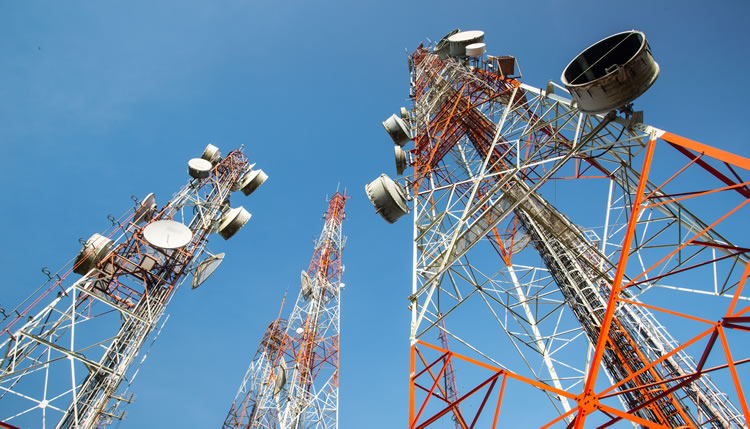
Think being in a big city means you’ll have great 4G speeds and coverage? New data suggests you might want to think again.
In a study of 20 cities carried out by OpenSignal and Which? it was found that the biggest places didn’t always have the best coverage, and that few of them were as comprehensively covered as you might hope.
You can see the full results in the tables below, but when it comes to coverage Middlesbrough was number 1, with 82.7% 4G availability. London meanwhile was languishing down in 16th place with 73.6% availability, while Bournemouth and Poole were last with 67.5%.
| Ranking | City | 4G availability (%) |
| 1 | Middlesbrough/Teesside | 82.7 |
| 2 | Sheffield | 79.3 |
| 3 | Sunderland | 79.0 |
| 4 | Leicester | 78.6 |
| 5 | Leeds/West Yorkshire | 78.2 |
| 6 | Liverpool | 78.1 |
| 7 | Newcastle/Tyneside | 77.9 |
| 8 | Birmingham/West Midlands | 77.5 |
| 9 | Glasgow | 77.5 |
| 10 | Edinburgh | 77.0 |
| 11 | Bristol | 75.9 |
| 12 | Manchester | 75.3 |
| 13 | Brighton and Hove | 75.2 |
| 14 | Coventry | 74.8 |
| 15 | Stoke-on-Trent | 74.3 |
| 16 | London | 73.6 |
| 17 | Nottingham | 73.3 |
| 18 | Cardiff | 71.8 |
| 19 | Southampton/Portsmouth | 69.9 |
| 20 | Bournemouth/Poole | 67.5 |
Other notable results were Glasgow and Edinburgh, which came in 9th and 10th with 77.5% and 77% availability respectively, Manchester in 12th with 75.3%, Birmingham in 8th with 77.5% and Cardiff managing just 18th place with 71.8%.
Weak as some of that may sound, the average 4G availability across the whole of the UK is just 65%, meaning users can only get online with 4G speeds roughly two thirds of the time – though this will of course vary by network. And it’s not all bad news, as it’s risen from 58% in November.
For speeds, Stoke-on-Trent was the fastest, with average download speeds of 26.6Mbps, while Brighton was slowest at 17.6Mbps. London again was in 16th place with speeds of 20.5Mbps.
| Ranking | City | 4G speed (Mbps) |
| 1 | Stoke-on-Trent | 26.6 |
| 2 | Coventry | 24.8 |
| 3 | Leicester | 24.4 |
| 4 | Liverpool | 24.4 |
| 5 | Nottingham | 24.2 |
| 6 | Birmingham/West Midlands | 24.1 |
| 7 | Manchester | 23.4 |
| 8 | Bournemouth/Polle | 23.1 |
| 9 | Sunderland | 22.8 |
| 10 | Southampton/Portsmouth | 22.6 |
| 11 | Newcastle/Tyneside | 22.5 |
| 12 | Leeds/West Yorkshire | 22.5 |
| 13 | Glasgow | 21.9 |
| 14 | Sheffield | 21.3 |
| 15 | Middlesbrough/Teesside | 20/8 |
| 16 | London | 20.5 |
| 17 | Edinburgh | 20.4 |
| 18 | Bristol | 18.8 |
| 19 | Cardiff | 17.7 |
| 20 | Brighton and Hove | 17.6 |
The data should be reasonably accurate, with 535,415,861 datapoints collected from 30,793 users between December 1st 2016 and February 28th 2017.
It shows that not only are 4G speeds and coverage not as good as they really could be, but that they also vary in unexpected ways. In the words of Brendan Gill, CEO and co-founder of OpenSignal:
“The mobile data experience isn’t the same in every city for UK consumers. OpenSignal users found LTE signals more often in Middlesbrough than in Manchester and faster 4G connections in Stoke than in London.”







